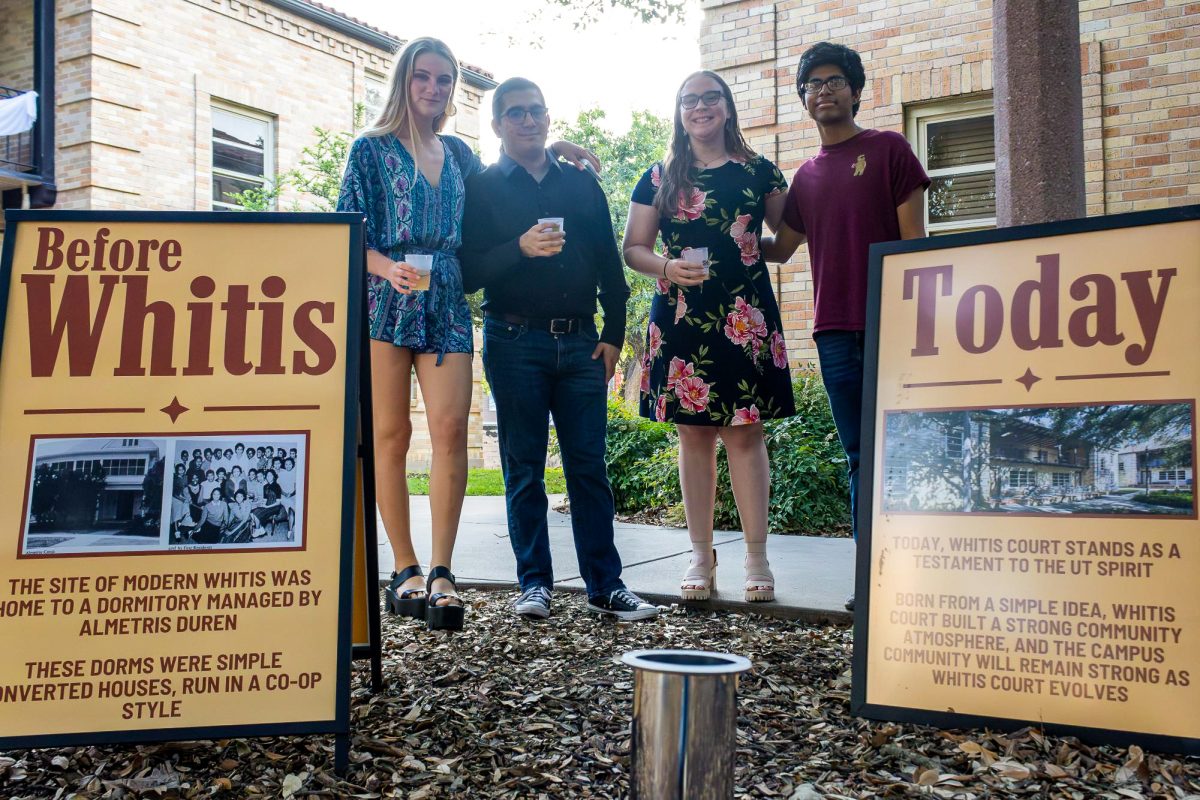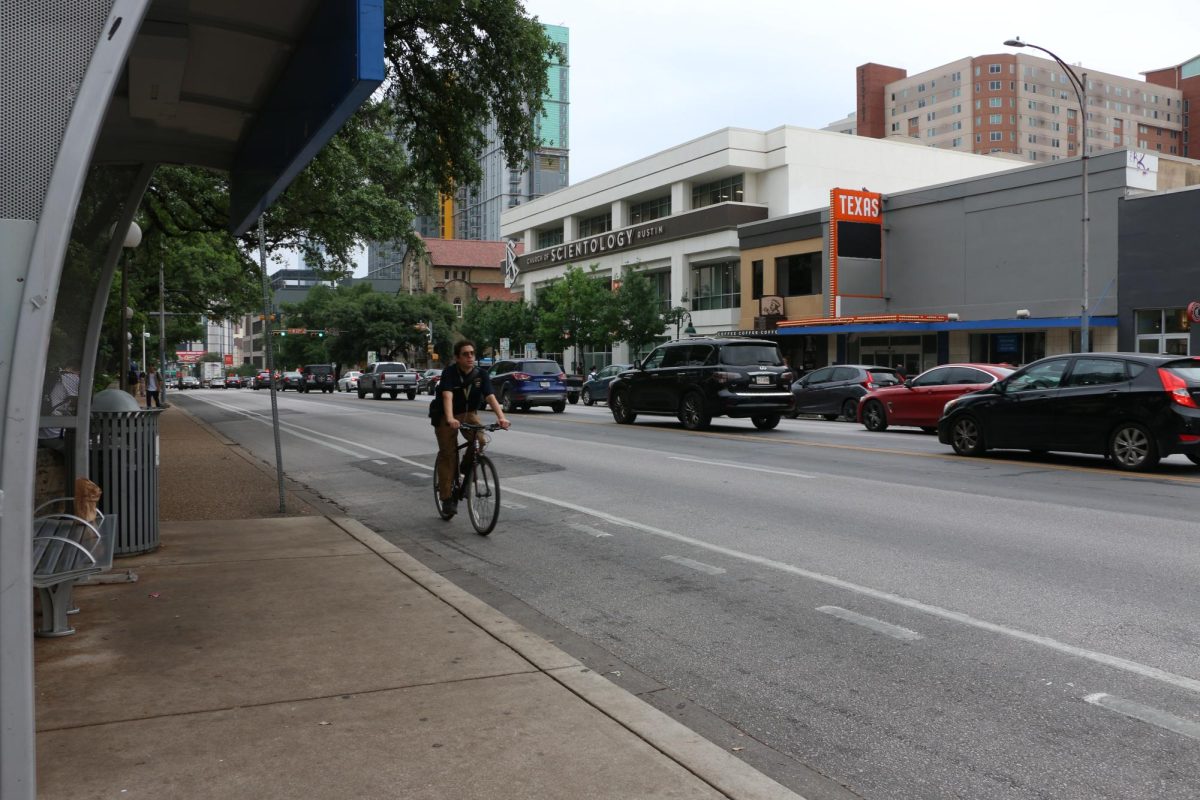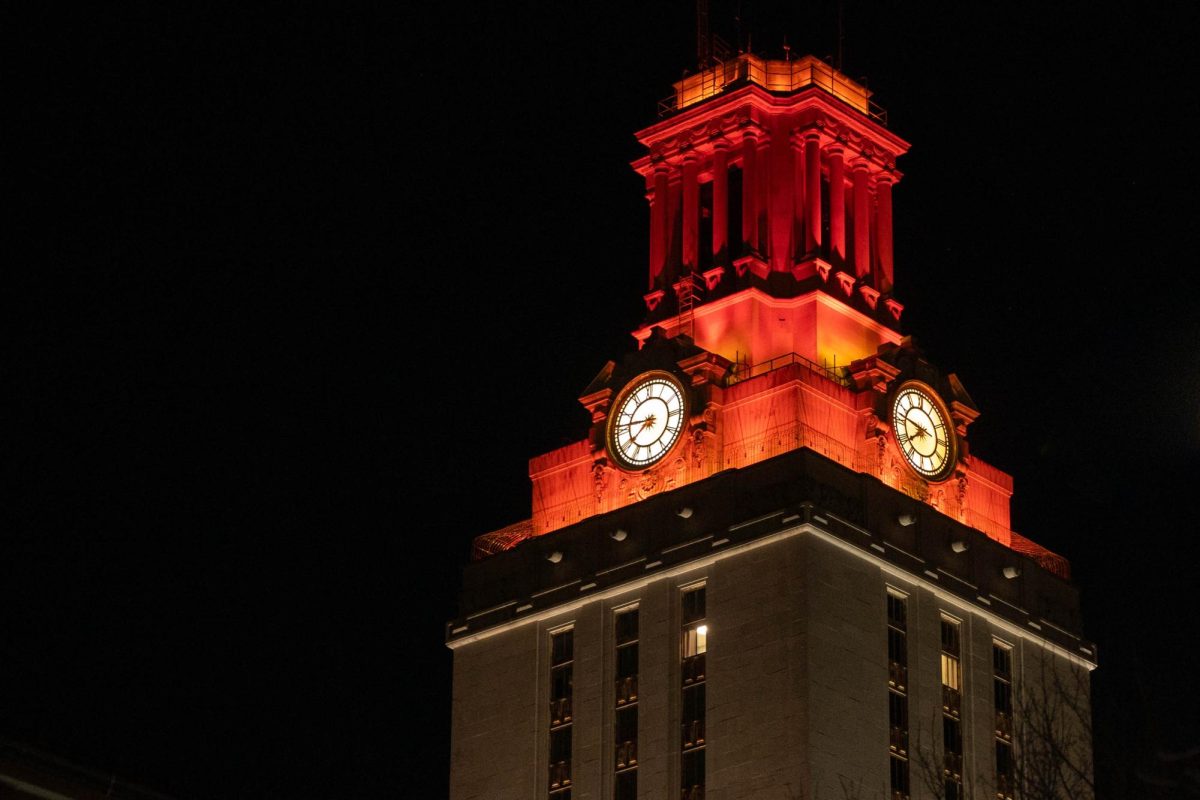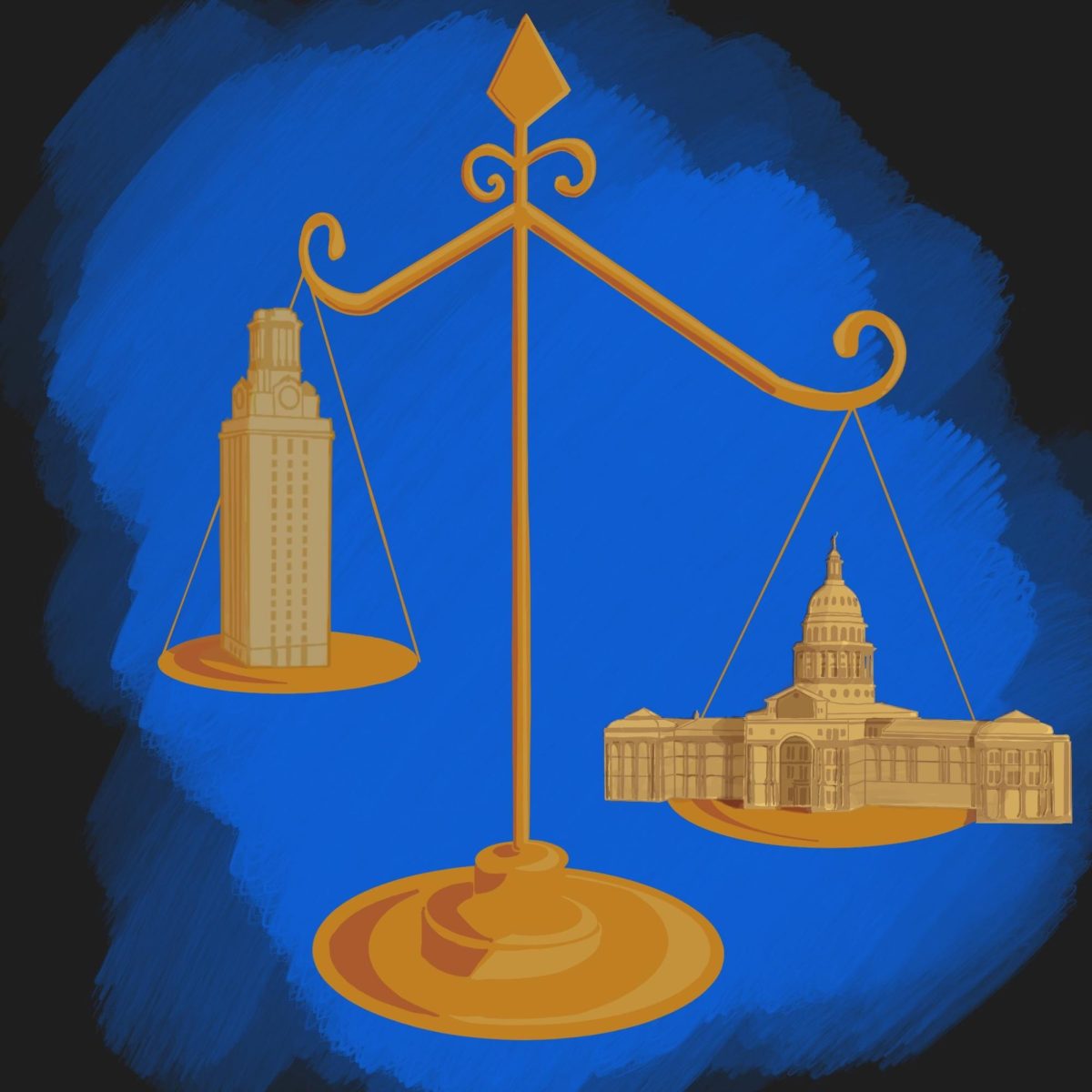When the Trump administration announced on March 26 that the 2020 census questionnaire will ask all U.S. households whether they are citizens or not, health and society junior Berenice Ramirez did not know what to think — in part because she’s an undocumented immigrant.
“At first I was angry,” said Ramirez, president of the UT chapter of the Latinx advocacy group Jolt. “I know firsthand through applying for DACA how scary it is for an undocumented immigrant to give the government your personal information and put yourself on their radar.”
Critics argue including a question on citizenship would deter immigrants from participating in the survey for fear of legal consequences. Some experts fear it would also wreck political and economic havoc on a state like Texas, which is home to nearly five million immigrants, 2.9 million of whom are not U.S. citizens, according to the U.S.
Census Bureau.
“I think you will have many individuals who choose not to respond,” said Elissa Steglich, professor at the UT Immigration Clinic. “That goes not only for undocumented immigrants, but you might also have immigrants with legal residence or immigration status who have reason to fear continued engagement with the government and therefore decline to participate in the census.”
Steglich said the polarized political climate surrounding issues of immigration have heightened immigrants’ pre-existing fears.
“It’s important to recognize that this question is being asked at a time when the anti-immigrant rhetoric from members of the (Trump) administration has been voiced and projected so loudly and strongly,” Steglich said. “The result is a mistrust and a growing fear of the government from members of our society who are important to include and recognize in the census.”
The Census Bureau has not asked all U.S. households about citizenship since 1950, according to a Department of Commerce press release. Last week, Secretary of Commerce Wilbur Ross said in a statement the department was “not able to determine definitively how inclusion of a citizenship question on the decennial census will impact responsiveness. However, even if there is some impact on responses, the value of more complete and accurate data derived from surveying the entire population outweighs such concerns.”
Ramirez said learning about the census in her population and society class has helped her understand the importance of participating in it.
“As an informed citizen and undocumented immigrant, I do plan on participating in the 2020 census,” Ramirez said. “While I understand and empathize with the fears many people in the undocumented community have, I think most of their concerns are the result of being uneducated about how the census works.”
Still, those fears exist, and come 2020, public affairs lecturer Victoria DeFrancesco Soto said they will translate to tangible consequences for the state. The census is used to determine representation in Congress as well as the allocation of federal funds for programs ranging from education to health and human services.
“A vast undercount would result in Texas losing a few congressional seats,” DeFrancesco Soto said. “We would also receive fewer financial resources since certain federal programs are funded on a per-capita basis.”
Ramirez said she hopes immigrants participate in the 2020 census.
“We definitely don’t want an undercount,” Ramirez said. “The information gathered by the census is used to fund programs which benefit all of society, including the undocumented community.”



















